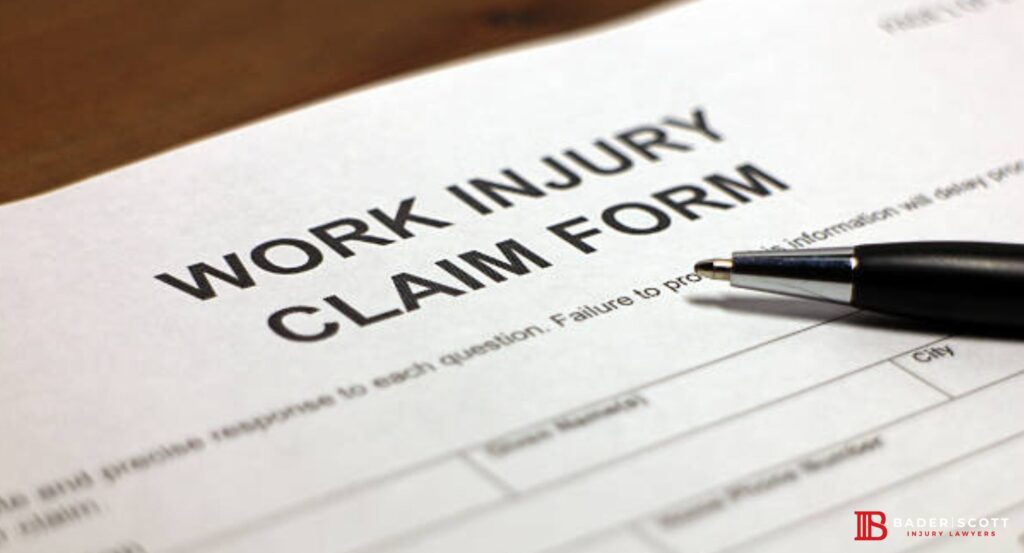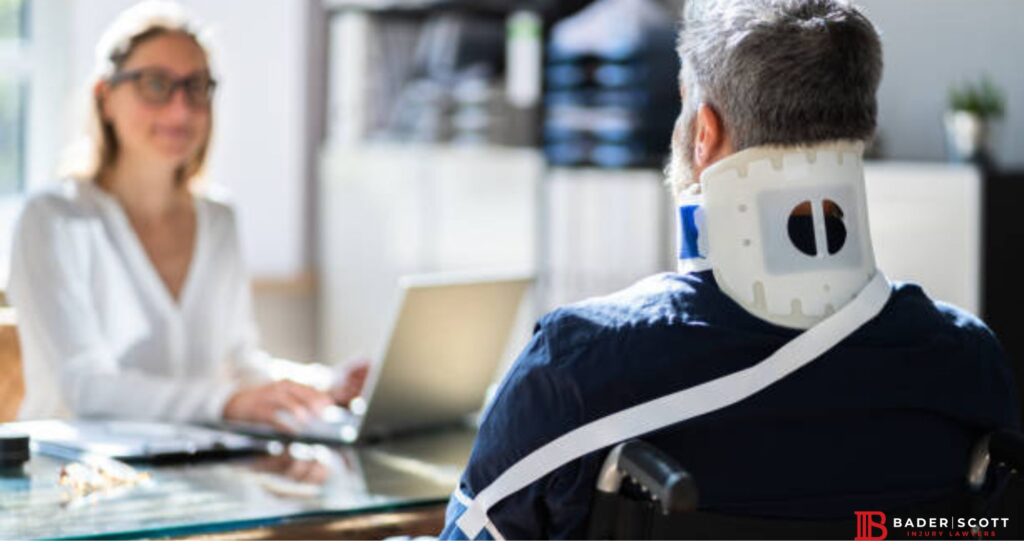Being injured at work, especially when it involves your neck or back, can be a challenging and painful experience. If you’re struggling to get workers’ compensation benefits, it’s essential to understand your rights and the steps needed to secure the compensation you deserve.
Understanding the Complexity of Back and Neck Injuries
Neck and back injuries can vary significantly in severity and diagnosis. Conditions such as bulging disks, herniated disks, sciatica, low back strain, lumbar strain, or degenerative disk disease can result from workplace incidents.
Accurate diagnosis and appropriate treatment are crucial, which often requires consulting a knowledgeable doctor who isn’t biased by your employer or insurance company.
Importance of Legal Guidance
In Atlanta to ensure full and fair compensation for your work-related injury, consulting an experienced workers’ compensation attorney is essential. The attorneys at atlanta worker compensation have over years of combined legal experience and specialize in back injury at work claims. They can guide you through the process, help you find unbiased medical professionals, and fight for your rights.
Types of Incidents at Work Leading to Back and Neck Injuries
Back and neck injuries can result from various workplace accidents, including:
- Trucking accidents
- Construction accidents
- Falls from heights
- Industrial factory incidents
- Lifting heavy objects
- Repetitive strain injuries
- Improper medical treatment
- Being forced to return to work too soon
Benefits of Hiring an Atlanta Worker Comp Lawyer
Hiring an attorney can significantly impact the outcome of your case. Workers’ compensation claims for spinal cord, back, and neck injuries can be complex and drawn out. An experienced lawyer ensures that you receive the medical treatment and financial compensation you deserve.
What should you do after getting your back and neck injured at work?
Finding the Right Doctor for Your Injury
When dealing with neck and back injuries, it’s crucial to get appropriate medical treatment from authorized providers. Employers are required to keep a list of approved doctors, but these may often prioritize returning you to work quickly rather than providing thorough care. An experienced attorney can help you navigate this system and ensure you see a doctor who will properly diagnose and treat your injury.
Read this article on how you can prove your repetitive strain injury for a worker’s compensation claim.
Diagnosis Challenges and Insurance Company Tactics
Back and neck injuries can be difficult to diagnose without advanced imaging like MRIs. Industrial clinics often rely on X-rays, which may not reveal the full extent of an injury. Additionally, some doctors working with insurance companies may downplay the severity of your injury, attributing it to pre-existing conditions. Having a lawyer can help you get the necessary medical evidence to support your claim.
Reporting and Treating Your Injury
After a workplace injury, follow these steps:
- Notify your employer immediately.
- Seek medical attention and explain that the injury occurred at work.
- Follow the treatment plan and avoid activities that could worsen your condition.

Common Causes of Workplace Back Injuries
Back injuries at work can result from:
- Slips and falls
- Prolonged bending and standing
- Lifting heavy objects
- Motor vehicle accidents while on the job
Read this article about the worker’s comp settlement chart in Atlanta, Georgia
Financial Compensation for Back Injuries
In Georgia, workers’ compensation provides several types of benefits:
- Indemnity benefits: Wage replacement based on your average weekly wage.
- Permanent partial disability (PPD): Compensation for long-term disability.
- Medical treatment: Coverage for all necessary medical care related to the injury.
Job Security and Returning to Work
Georgia is an at-will employment state, meaning you can be terminated for any reason. However, if you’re fired due to your injury, you may be entitled to additional benefits. It’s crucial to work within the restrictions set by your doctor and consult an attorney if your employer pressures you to exceed these limits.
Pursuing Compensation Beyond Workers’ Compensation
While workers’ compensation is generally the exclusive remedy for workplace injuries, there are exceptions. For instance, if a third party (not your employer) caused your injury, you might have a personal injury claim in addition to your workers’ compensation claim. An attorney can help determine if this applies to your case.
Conclusion
Dealing with a neck or back injury at work claims can be daunting, but you don’t have to navigate it alone. Contact an experienced workers’ compensation attorney to ensure you receive the medical treatment and financial compensation you deserve. Atlanta workers’ Compensation Attorneys are here to help you through every step of the process.
FAQs
What should I do immediately after sustaining a neck or back injury at work?
After a neck or back injury at work, you should report the injury to your employer as soon as possible. Seek medical attention immediately, even if the pain seems minor at first, as some injuries may worsen over time. Make sure to document the injury, including the circumstances and any witnesses, and follow all medical advice.
What types of compensation can I receive for a neck or back injury sustained at work?
Workers’ compensation for neck or back injuries may include coverage for medical expenses, rehabilitation costs, and lost wages if you are unable to work. In some cases, you may also be entitled to compensation for partial or total disability, depending on the severity of the injury and its impact on your ability to perform your job.
Can I choose my own doctor for treatment of a neck or back injury under workers’ compensation?
In Georgia, workers’ compensation law requires you to choose a doctor from a list provided by your employer, known as the “Panel of Physicians.” However, if you are dissatisfied with your care, you may be able to change doctors within this panel. In some cases, you may be allowed to see a doctor outside the panel, but this requires approval from your employer or their insurance company.








